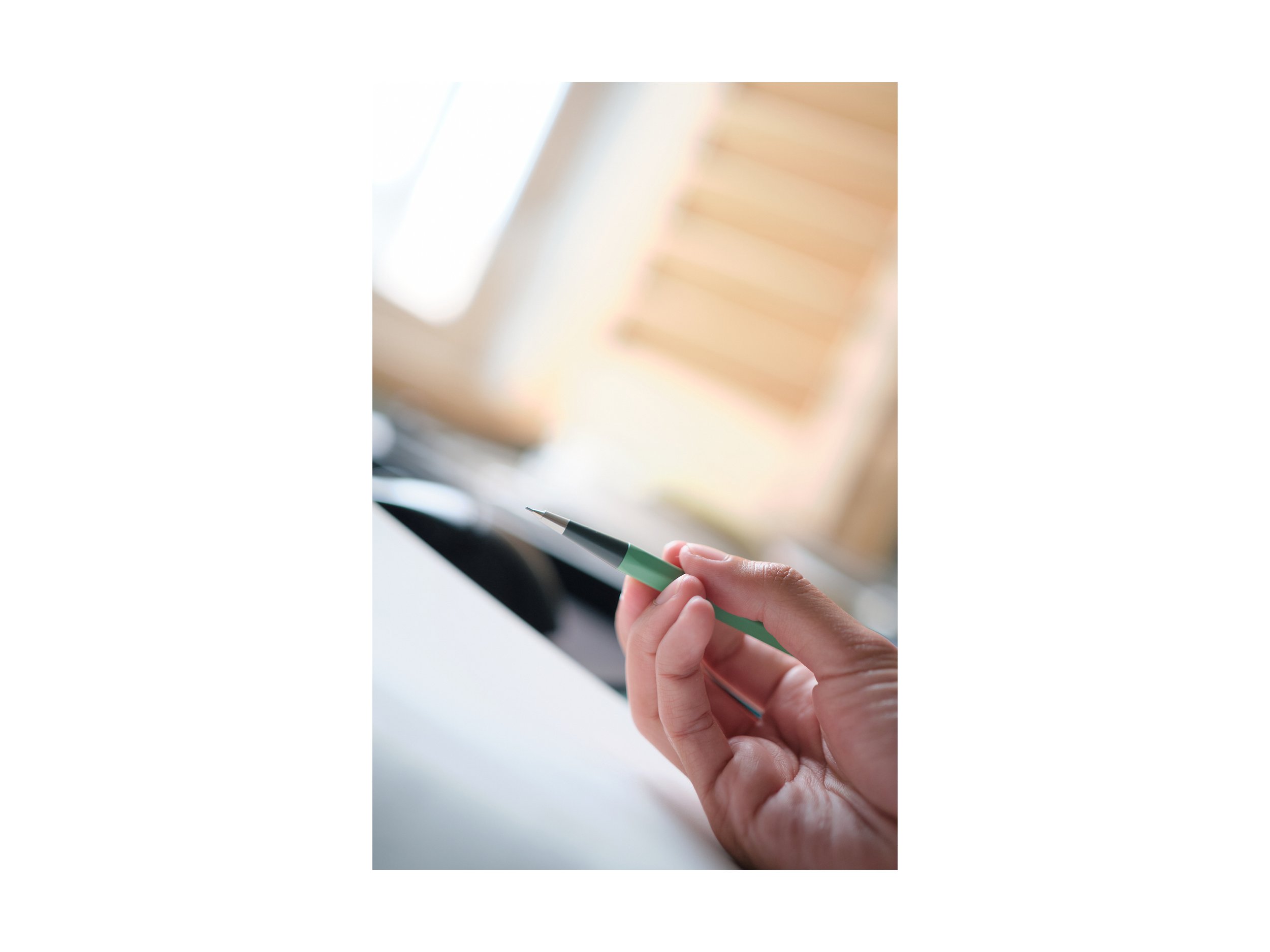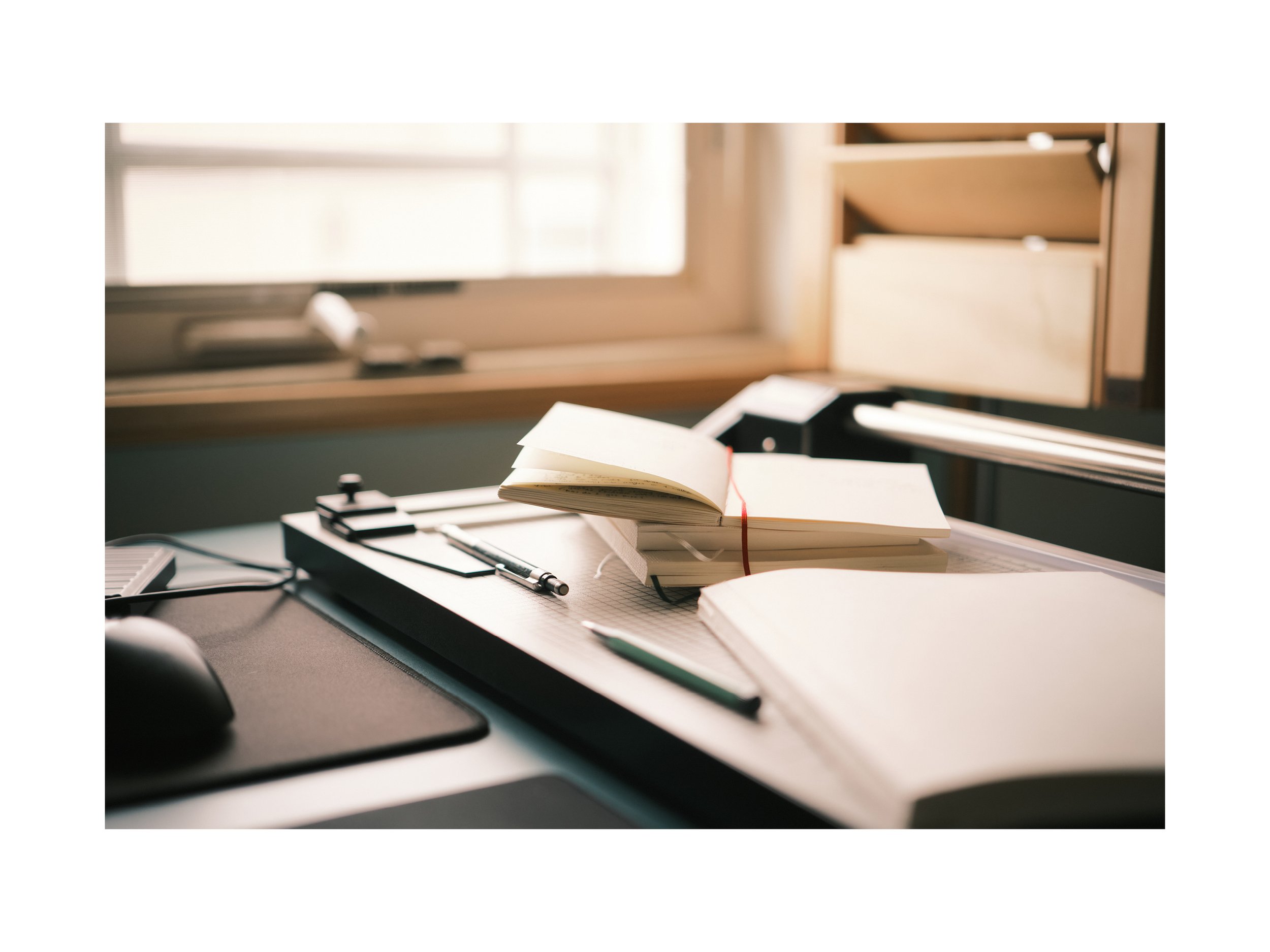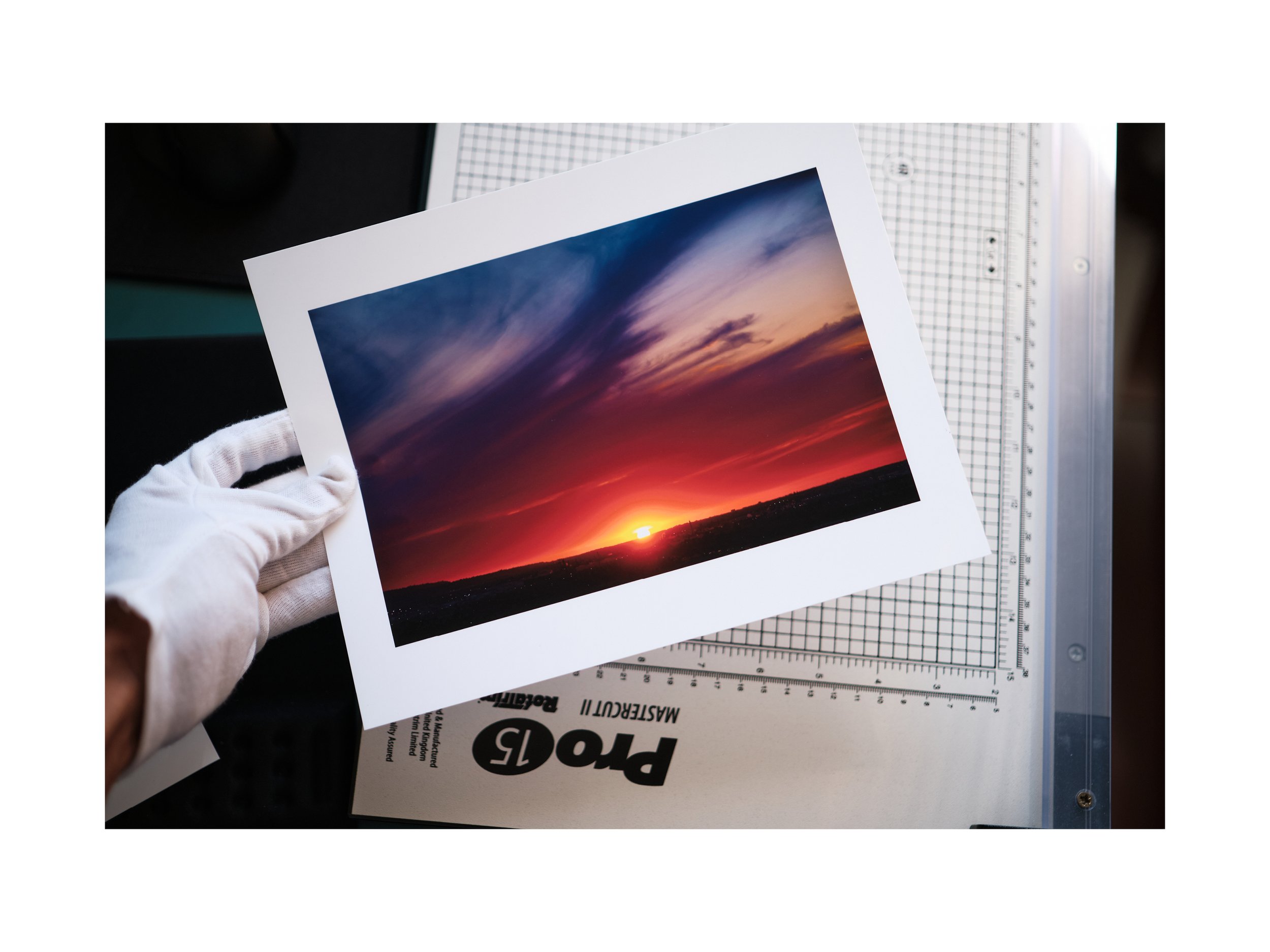How to Get MORE Done By Doing LESS - The Law of Reversed Effort
In life, I used to struggle a lot with working hard. And not in the way you might think. Unlike others, my problem wasn’t about doing the work. It was that my solution to everything was to do more work. I was trapped in cycles of suffering and overworking myself to solve my problems, because that’s what had rewarded me in the past. And when your hard work pays off, it can become addicting to keep grinding, hustling, and running on the treadmill. This wasn’t a switch I knew how to turn off even when it affected everything in my life from athletics to photography. Naturally, I had to reset myself, and reinvent how I went about things.
One of the many concepts I acquired in this last year and a half, is called “the law of reversed effort”. It’s also known as the backwards law, which states that: the harder you try the harder you fall. You may also be familiar with a similar concept from Eastern philosophy, known as “Wu Wei” meaning effortless action / non action.
Upon learning and applying these concepts to my life I was able to be not only more productive, but productive in a healthier and more sustainable way. And in my opinion, I think the work I put out now is even better than before. So today I’m going to share with you guys what I’ve learned about the “law of reversed effort” and how you can apply it to your life to achieve more by doing less.
Picking What You Work On
One of the greatest struggles for me was prioritization. I’ve mentioned this in a previous video but I used to spend so much time doing useless things. My weekly planners from even half a year ago contained every single little task possible - and I had somehow decided I was going to do all of them! Crazy.
It’s a fallacy. When there’s always stuff to do, and you’re busy busy busy, you can fake yourself into thinking you’re making progress. “Look at me I’m getting so much stuff done!”
But the law of reversed effort basically says that things aren’t that simple. The more work you do doesn’t necessarily mean the same amount of progress. In reality, we’ll often get outsized returns from something that took little to no effort. You can see this in youtube videos where videos can get millions and millions of views nonlinearly to the amount of effort put in.
This means that what we do is actually more important than how much we do.
There’s an interesting quote from the Tao te Ching that illustrates this: “Nature doesn’t do anything, yet nothing is left undone.”
That’s something I had to sit on.
So in my life, I realized it’s about letting go of all these useless things that we think are necessary. If hard work doesn’t equate to progress, why not just do the stuff that we enjoy the most that gets us the most return for our time spent? For me, this means more photography, more making videos, more writing, more reading, and less of pretty much everything else. I don’t go out as much, I don’t drink as much, I don’t spend time or money on anything I don’t actually care about. This doesn’t mean being a bum and completely doing nothing, but “productive” now has a different definition for me. And life has gotten better and easier this way.
So if you want to achieve more by doing less, you first have to pick what to work on. You have to learn how to prioritize between what’s important and what’s not. The good news is this is a skill you can develop over time and get better at. Start by making a list of things you want to do and then cross off all but one to two things. It’s important to understand that the solution isn’t always pushing harder and doing more, but can sometimes be doing less.
Don’t Force It
When it comes to creative work it’s important to let your intuition lead you. Sometimes we think too hard and try to intellectually dissect every creative problem. But if there’s anything I’ve learned over years of trial and error, it’s that that doesn’t work. Most of the times we already know what to do - we just have to get out of the way.
I used to do this often in my photography. I used to go out and take photos with an image of what I already wanted in mind. This distracted me from what was actually happening around me. I’ve since realized that if I’m seeking some sort of outcome or I’m trying to force or stage the moment, I end up ruining the picture. You cant force or make an image appear in the real world.
So this is something that ties into the Law of Reversed Effort:
Remember, the harder you try, the harder you fall. Don’t force it.
Nowadays I try to be an observer: simply waiting for opportunities and making use of what I have. What we might call the “photography skill” is simply what closes the gap between what you see and the resulting image.
You can apply this to your work as well. If you find yourself thinking too much or working too hard, understand that if you try to force things it might not work out so well. Sometimes, it can even help to intentionally remove yourself from the work to allow your brain to figure things out. Go on walks, exercise, do something else and when you return the work will be 10x easier.
You might be thinking, “Well Andre I have all this stuff to do, I can’t just step back!” If you’re feeling overwhelmed, it’s a prioritization problem. Remember what we learned in point 1: what we do is actually more important than how much we do.
It may sound counterintuitive but step one is learning to prioritize. Step two is: don’t force things. If we can do this we’ll be that much closer to effortless action.
The Importance of Breaks/Resets
It’s often we think of life like one straight path. However in reality, life is filled with many cuts and turns, ups and downs, and we change direction all the time. If you’re faced with hard times, understand that might actually be a sign to pivot. This doesn’t mean to avoid doing hard things, rather we ought to make sure the hard thing worth doing. That way, we don’t have to waste all this time and effort climbing a wall we don’t have to climb.
This is where breaks and resets come in.
One thing I’ve found that helps to reset my brain from overworking is to limit my deep work hours. I spend about 6 hours a day doing creative work and then do other stuff like walking, exercise, reading, etc. This schedule keeps me productive but also allows me to rest. No longer am I muscling through the work. It also forces me to prioritize better because I’m more limited on time. Doing this has also allowed me to think more clearly and I can pick and choose where I want to go instead of climbing every wall.
A quote I try to keep in mind is:
“The more you try and grab a hold of something, the more it slips through your fingers.”
So the reverse law of effort is not about reaching and grabbing violently for the things we want. Rather, we can be patient and calmly let those things come to us. Direction is more important than speed. Meaning that being calm and picking the right direction will allow us to get what we want with ease.
Another thing you can try is to intentionally schedule in breaks or sabbaticals. This is a period of reset, not really a vacation, but scheduled time to step away from the work. This space and time will allow you to determine the direction you want to go in the next few months or even life as a whole.
I’ve also noticed that I can get bored pretty easily, so when I schedule in breaks, I can return to the work reenergized and filled with excitement. It’s pretty interesting because it’s counter to what society tells us about hard work, but my life has really gotten more productive and easier this way.
So hopefully these lessons I’ve learned can help you in your life. If there’s anything to takeaway from this it’s that hard work isn’t always the solution. Learn to work on the right things, don’t force the process, and be intentional with your breaks and resets. If you can do that you’ll be able to achieve more by doing less.
Thanks for reading.



